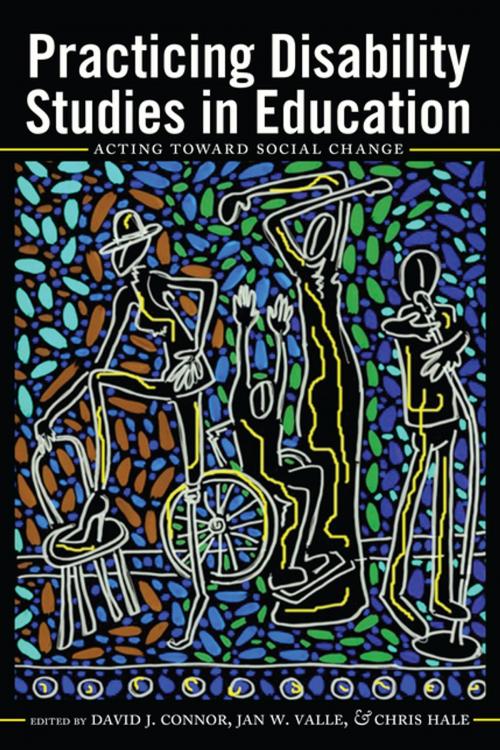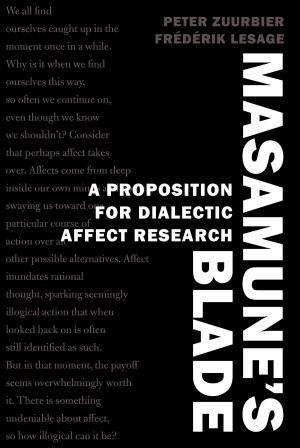Practicing Disability Studies in Education
Acting Toward Social Change
Nonfiction, Reference & Language, Education & Teaching, Educational Theory, Aims & Objectives, Elementary| Author: | ISBN: | 9781454196242 | |
| Publisher: | Peter Lang | Publication: | December 15, 2014 |
| Imprint: | Peter Lang Inc., International Academic Publishers | Language: | English |
| Author: | |
| ISBN: | 9781454196242 |
| Publisher: | Peter Lang |
| Publication: | December 15, 2014 |
| Imprint: | Peter Lang Inc., International Academic Publishers |
| Language: | English |
Practicing Disability Studies in Education: Acting Toward Social Change celebrates the diversity of contemporary work being developed by a range of scholars working within the field of Disability Studies in Education (DSE). The central idea of this volume is to share ways in which educators practice DSE in creative and eclectic ways in order to rethink, reframe, and reshape the current educational response to disability. Largely confined to the limitations of traditional educational discourse, this collective (and growing) group continues to push limits, break molds, assert the need for plurality, explore possibilities, move into the unknown, take chances, strategize to destabilize, and co-create new visions for what can be, instead of settling for what is. Much like jazz musicians who rely upon one another on stage to create music collectively, these featured scholars have been – and continue to – riff with one another in creating the growing body of DSE literature. In sum, this volume is DSE «at work.»
Practicing Disability Studies in Education: Acting Toward Social Change celebrates the diversity of contemporary work being developed by a range of scholars working within the field of Disability Studies in Education (DSE). The central idea of this volume is to share ways in which educators practice DSE in creative and eclectic ways in order to rethink, reframe, and reshape the current educational response to disability. Largely confined to the limitations of traditional educational discourse, this collective (and growing) group continues to push limits, break molds, assert the need for plurality, explore possibilities, move into the unknown, take chances, strategize to destabilize, and co-create new visions for what can be, instead of settling for what is. Much like jazz musicians who rely upon one another on stage to create music collectively, these featured scholars have been – and continue to – riff with one another in creating the growing body of DSE literature. In sum, this volume is DSE «at work.»















